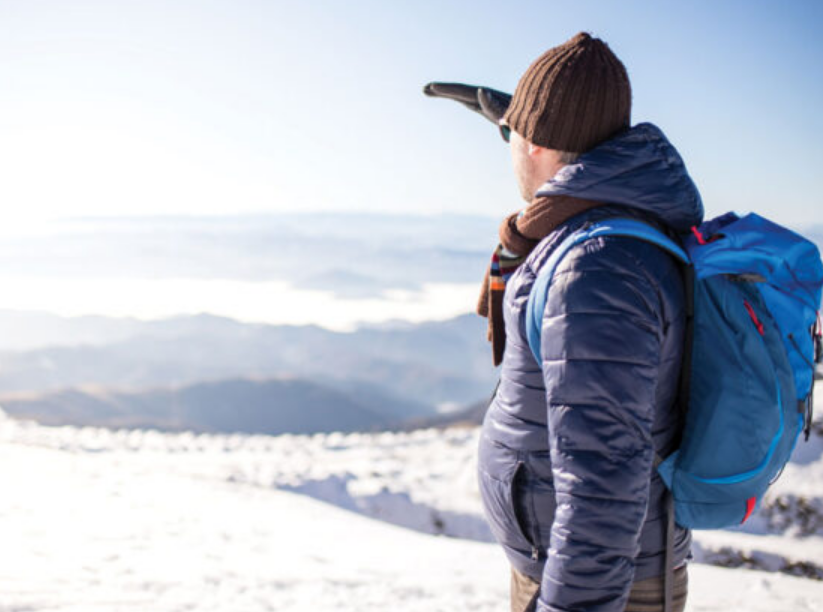-1732625525616.webp)
Snow blindness, a painful eye condition that can strike unexpectedly, poses a serious risk to travellers and winter sports enthusiasts. Vikram Malhotra, Chief Explorer and Founder of Indian Expeditions Travel Company warns that many travellers remain unaware of this potentially dangerous condition that can cause temporary but intense eye damage.
Snow blindness, medically known as photokeratitis, occurs when harmful ultraviolet (UV) rays damage the surface of the eyes. Unlike common misconceptions, it doesn't cause blindness but creates temporary vision impairment and extreme discomfort. The condition is most commonly experienced in snowy environments, high-altitude regions, and areas with intense reflected sunlight.

Sunlight reflects off snow and ice with incredible intensity, sometimes reflecting up to 80% of UV radiation. This reflected light can burn the cornea and conjunctiva, similar to a sunburn on your skin. Mountaineers, skiers, and travellers in snowy regions are most at risk.
Travellers might experience intense eye pain, a feeling of sand or grit in the eyes, excessive tearing, difficulty keeping eyes open, temporary vision blurriness, headaches, and swelling around the eyes. These symptoms can quickly turn a dream vacation into a painful experience.
Don't Miss: 5 Tips To Combat Eczema in Infants/Babies During Winters, As Per Pediatrician
Vikram Malhotra emphasises prevention as the most effective strategy for travellers. Wearing high-quality UV-protective sunglasses, choosing wraparound styles that block side light, using snow goggles with 100% UV protection, wearing wide-brimmed hats, and limiting exposure during peak sunlight hours are crucial steps to protect one's eyes.

If snow blindness strikes, experts recommend moving to a dark, cool environment, removing contact lenses, using artificial tears, applying cool compresses, taking over-the-counter pain relievers, and avoiding rubbing the eyes.
Many travellers mistakenly believe that snow blindness only happens in extreme winter conditions. In reality, it can occur in any bright, reflective environment, including beaches and high-altitude locations. Even on cloudy days, UV rays penetrate and can cause damage, making eye protection crucial year-round.
"In my 20 years of leading expeditions across the Himalayas," says Vikram Malhotra, "I've seen numerous travellers suffer from snow blindness. Many underestimate the power of reflected sunlight in mountain regions. Proper eye protection is as crucial as carrying the right gear."
Those most vulnerable include winter sports enthusiasts, mountain climbers, travellers to snow-covered regions, people living in high-altitude areas, and individuals with light-coloured eyes. The risk is particularly high for those spending extended time in environments with intense sunlight reflection.
Your eyes are your most valuable travel companions. Before starting your trip on winter adventures, investing in proper eye protection can save you from days of discomfort and potential travel disruptions.
Don't Miss: What Is Sleepmaxxing? Exploring 5 Key Benefits And Effectiveness For Better Sleep, As Per Doctor
For more such stories, stay tuned to HerZindagi
Image Courtesy: Freepik
Also watch this video
Herzindagi video
Our aim is to provide accurate, safe and expert verified information through our articles and social media handles. The remedies, advice and tips mentioned here are for general information only. Please consult your expert before trying any kind of health, beauty, life hacks or astrology related tips. For any feedback or complaint, contact us at [email protected].